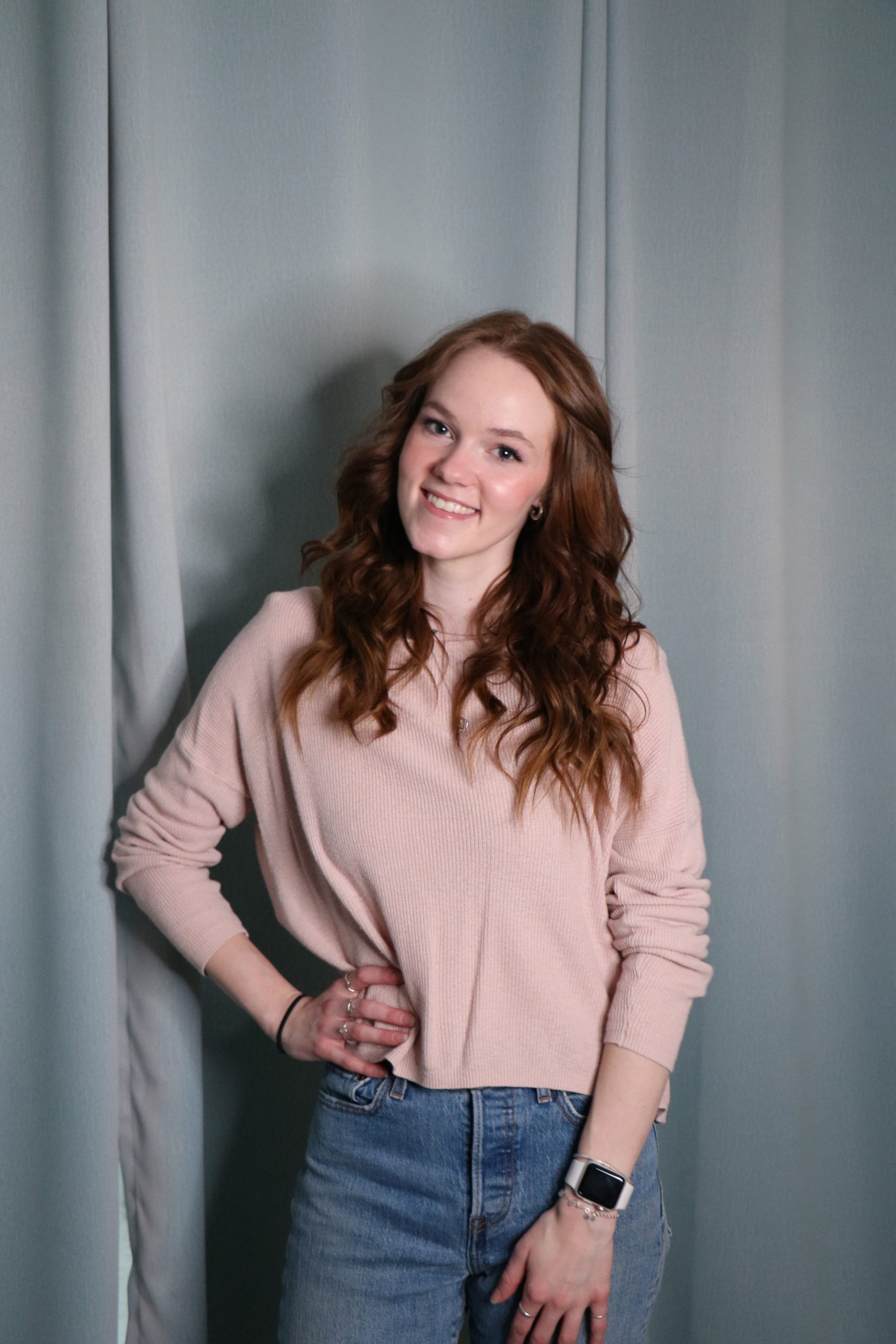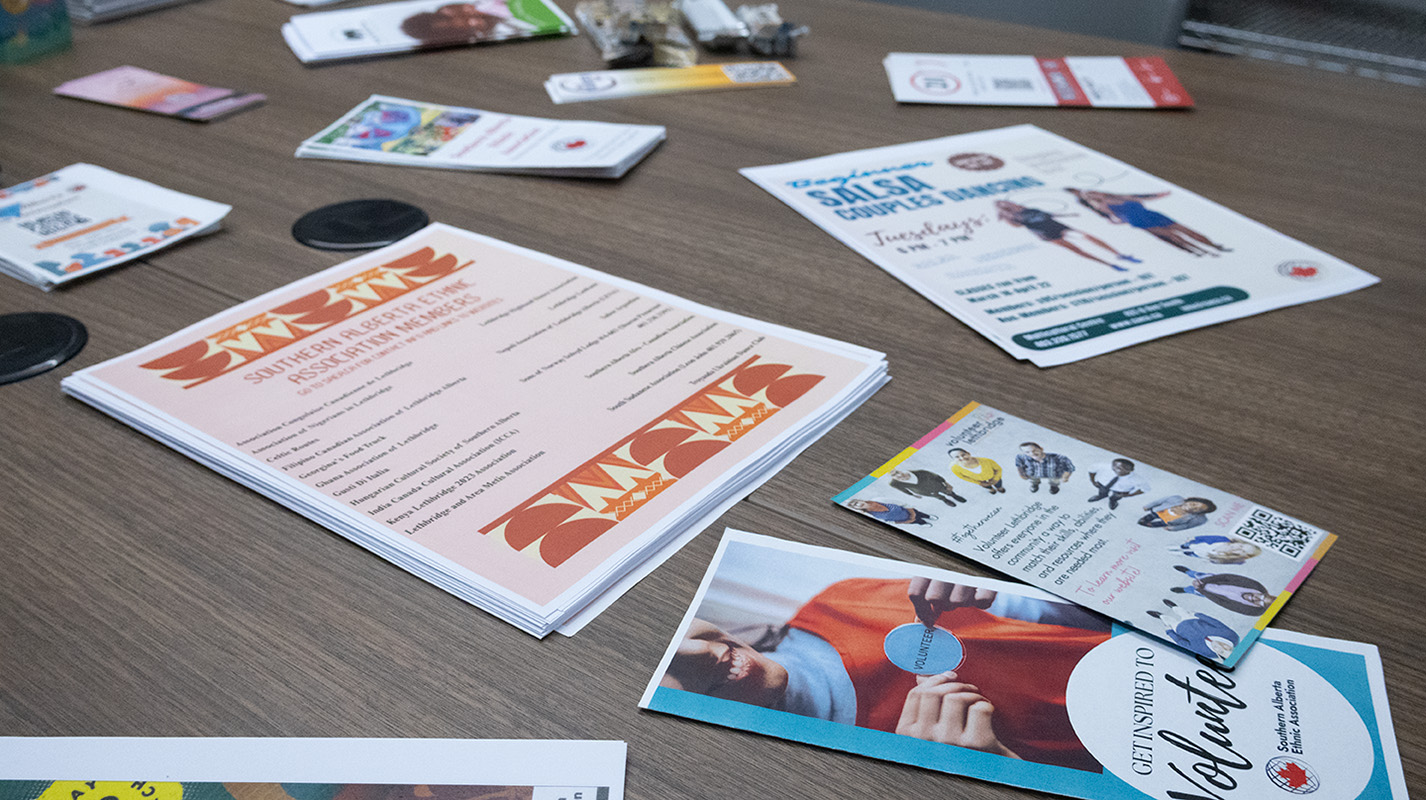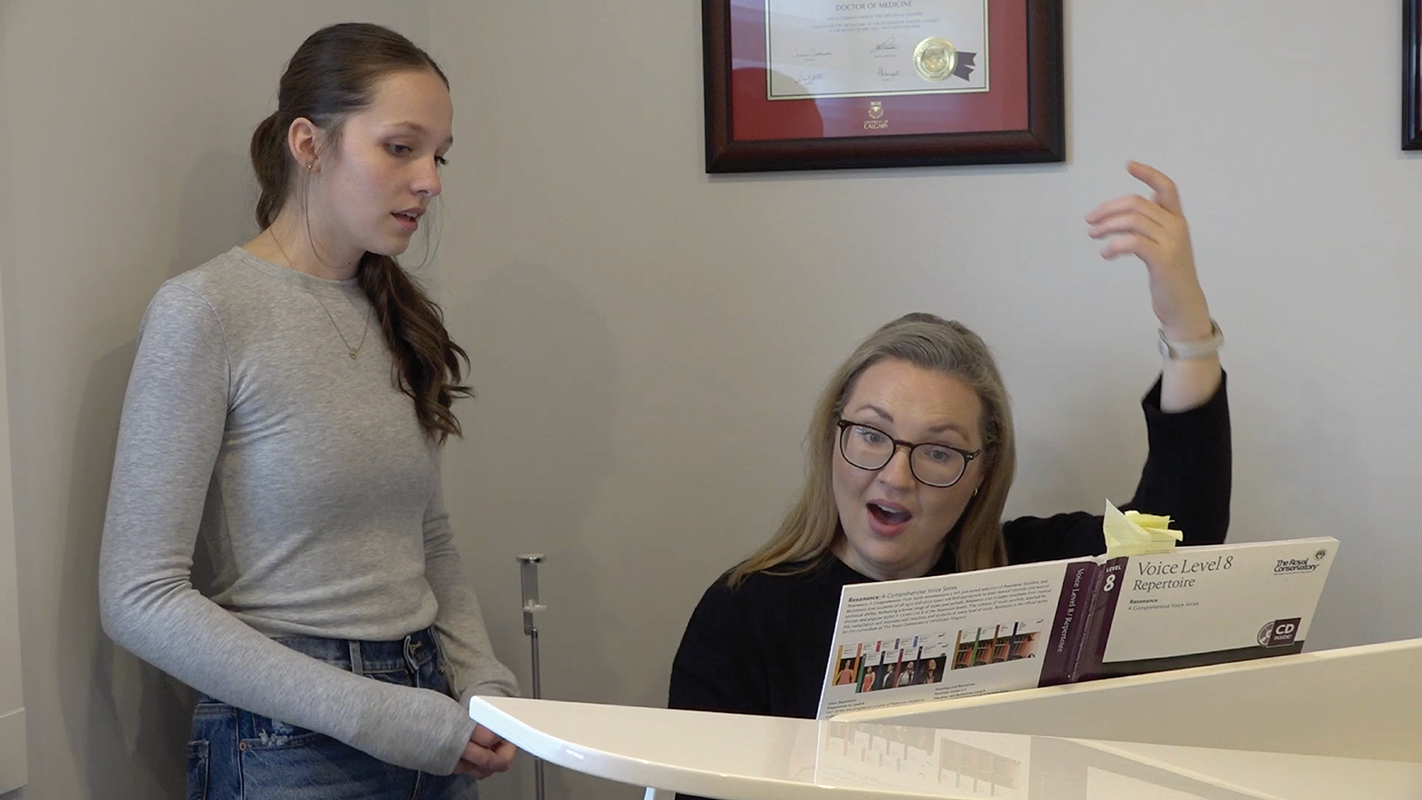Lethbridge College goes through an estimated 55 kilograms of compostable material per week, which works out to be around 1451 kilograms of material per year.
Those numbers are based on the vegetable trim and edible waste from cooking classes only and don’t include glass or tin.
Chef Doug Overes, culinary instructor at the college, has been trying without success for about 14 years to bring a change to the way we recycle on campus.
The way people look at changing the way we throw away our garbage draws two main questions: who is going to pick up the extra work and who is going to pay for it.
Currently Overes takes recyclable material from the college to dispose of properly about three times per week. While at home Overes throws away about a Safeway bag of garbage once every three weeks. He has also been advocating for a meeting with the LCSA to conduct a presentation to raise awareness for this cause.
The presentation would contain pertinent information such as fiscal responsibility, where will it will go, who will do the work and which groups are able to help us get started.
The problem with wanting change is there is always advocacy for it, but sometimes just not a lot of support for the financial aspect of it.
“We have a lot of green initiatives,” says Gwen Wirth, communications specialist at the college.
While there have been some small changes made around campus, such as biodegradable bowls, plates, cutlery and garbage bags for our cafeteria, proper recycling remains an up-hill battle for this campus.
If the college were to implement a proper recycling program it would mean more work and definitely more money. However, it would reduce the amount of garbage receptacles on campus by about half, not to mention reducing the amount of edible material being thrown away.
SAIT in Calgary, which has both a larger campus and population, have been able to introduce a green house in addition to their recycling efforts.
The biodegradable supplies we use are a start, but there is more we could be doing to help with the transition. The problem with shaking the tree is that when apples fall someone is going to want to be paid for them.
If the college were to transition from one to three bins, the three bins would consist of one for compostable or edible material, one for glass/plastic and tin and the third for material that can’t go in either of the first two.




